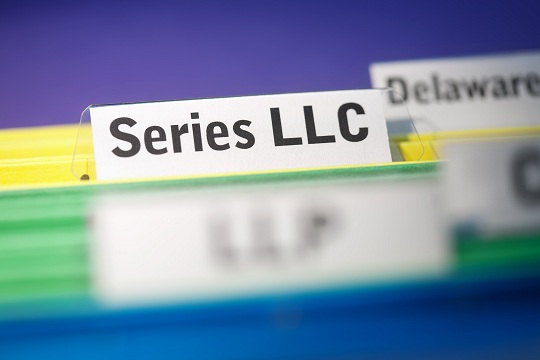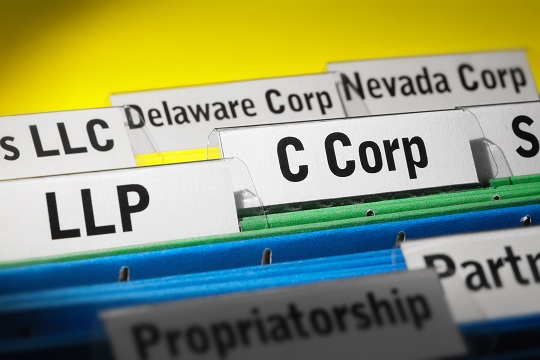A Limited Liability Company is a business structure that allows the members to have a limited personal liability for all the debts and actions of the company. Each state has specific requirements to form Limited Liability Companies, but businesses like banks and insurance companies, for example, cannot be categorized as LLC’s.
Form Limited Liability Company
When trying to form a Limited Liability Company (LLC), a person must file articles of organization with the secretary of state. This is just a short form that asks for the names of the owners/members, the contract and the filing fee. Another document that you should include that is not required is an operating agreement that details out the arrangement, ownership percentages, roles, rights, and responsibilities.
An LLC is usually easy to file for, so you should not need a lawyer. The state requirements to form are usually self explanatory, but you should take the time to clearly read and go over every form and contract you sign.
Advantages of Limited Liability Companies
1) Pass-through taxation
2) Less liability
3) Decreased paperwork
4) Multiple owners
5) Profits/losses pass directly through owners’ personal income tax return
Disadvantages of Limited Liability Companies
1) Earnings subject to self-employment tax
2) Cannot take advantage of incentive stock options/engage in tax free reorganizations
3) Lack of uniformity between different states
Additional Help
If you cannot seem to figure out how to file for a Limited Liability Company you should try to seek professional help. Use TalkLocal to be put in contact with reliable local accountants or attorneys within minutes. Simply input the problem you are having along with your availability and TalkLocal will do the rest of the work. We will connect you with up to three professionals who will be available to help you when you need them.











